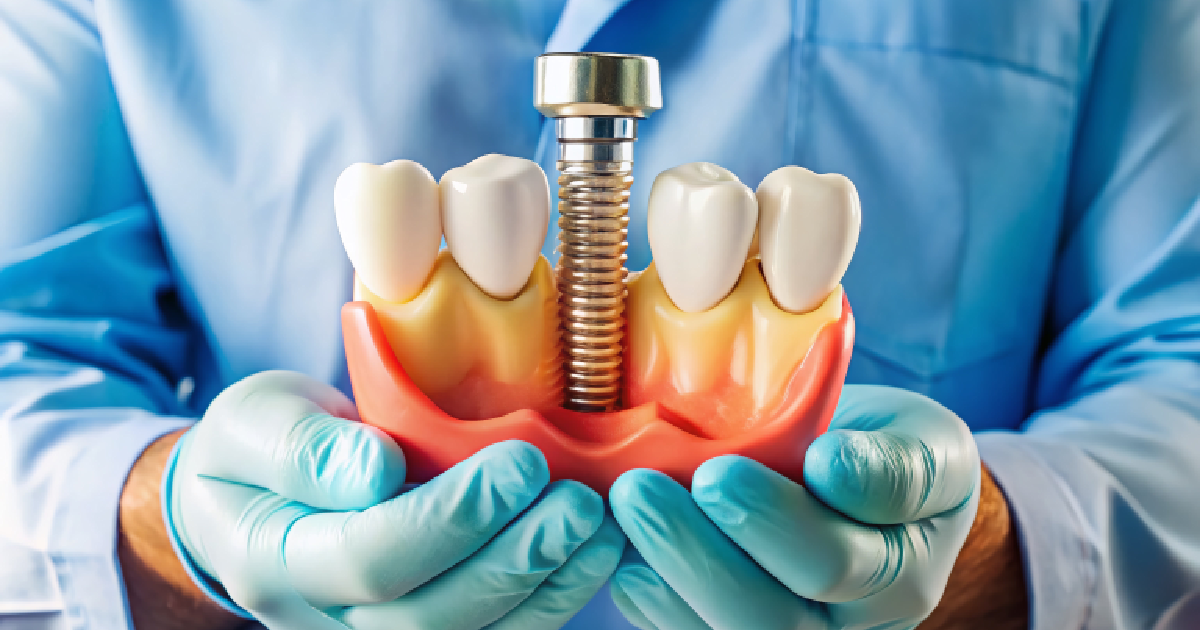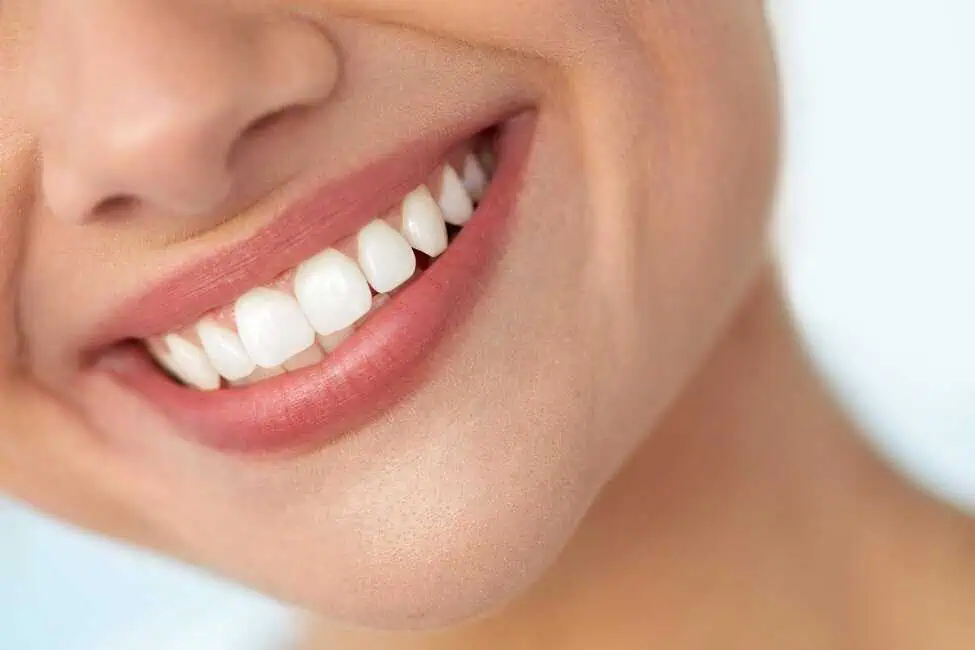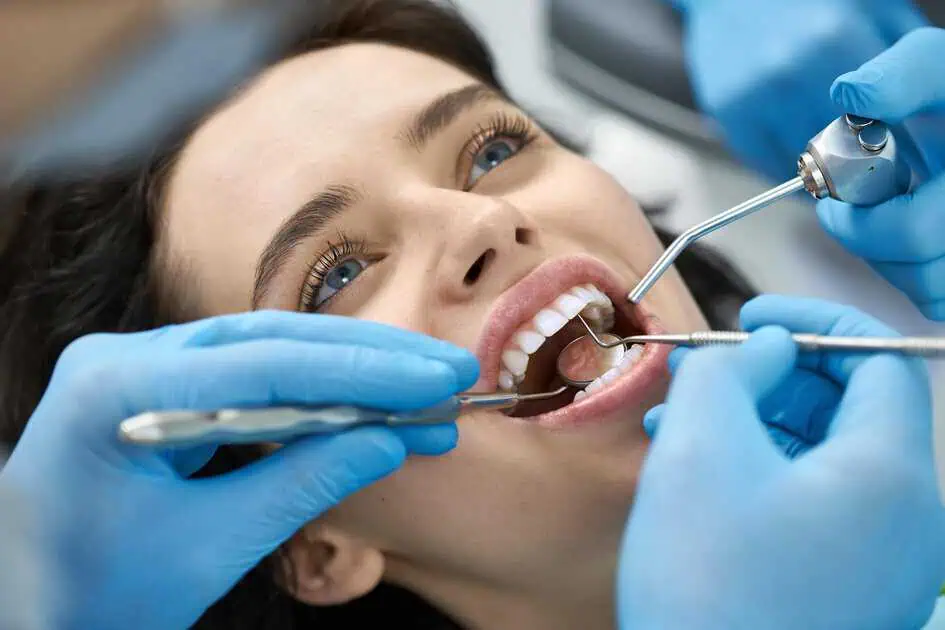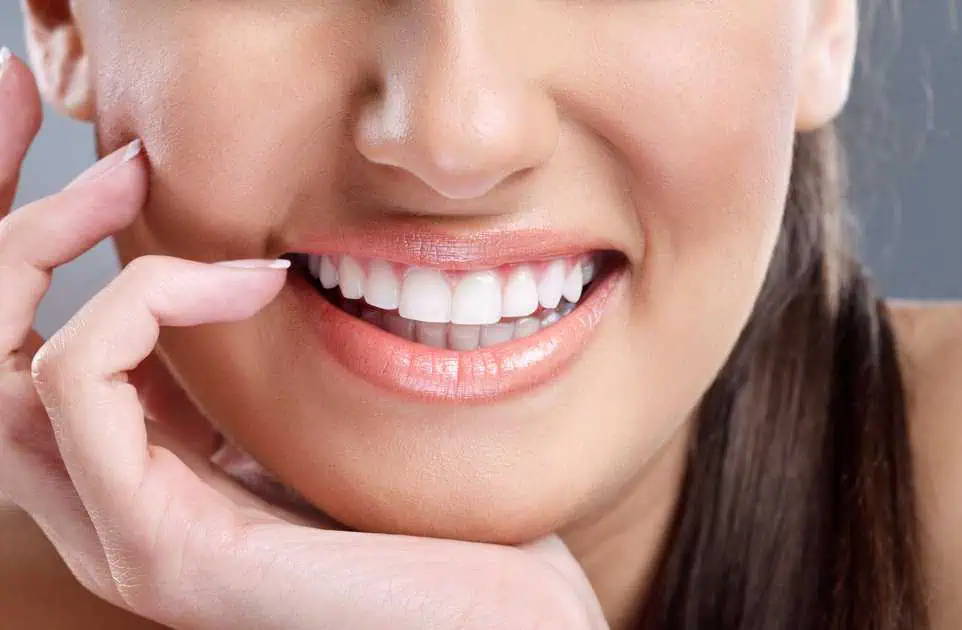Table of Contents
Salathe Dental in West Linn, OR, offers more than just dental care—it provides insight into your overall health. For many patients, fatigue, frequent illness, or poor wound healing may be signs of something more profound: nutritional deficiencies. Rather than guess or undergo invasive testing, there is a more comfortable option—salivary testing. This non-invasive method is becoming a practical tool to assess key nutrient levels and offer a clearer view of your overall wellness.
Understanding what your body lacks is the first step toward feeling better. Salivary testing makes it easier than ever to detect nutritional deficiencies without needles or blood samples. It can help patients take steps toward improvement, especially when symptoms feel vague or have gone unexplained for too long.
This article explains how saliva-based testing works, what nutritional deficiencies it can identify, and why it’s becoming more popular in modern medical and dental practices. We’ll also outline how Salathe Dental in West Linn, OR, supports patients using this simple and practical approach.
What Is Salivary Testing?
Salivary testing refers to analyzing a patient’s saliva to gain information about their health. While many people associate saliva with detecting oral health issues like gum disease, it can also reveal much more. Saliva contains hormones, antibodies, enzymes, and other biomarkers that offer insight into metabolic and nutritional balance.
This type of testing can help detect nutrient imbalances, food sensitivities, and immune health indicators. Since saliva reflects many physiological processes, changes in its composition may point to the early stages of nutritional deficiencies or imbalances.
Salivary testing is non-invasive, easy to collect, and doesn’t require fasting. For these reasons, it is widely accepted among patients who prefer comfortable and convenient health assessments.
Saliva contains over 100 measurable biomarkers, making it a reliable tool for monitoring nutritional and hormonal imbalances.
How Saliva Can Reveal Nutritional Deficiencies
Nutritional deficiencies often develop gradually, and symptoms can be vague. People may not realize that fatigue, brittle hair, muscle cramps, irritability, or poor focus might be tied to missing nutrients. By measuring specific markers in saliva, providers can identify deficiencies in:
- Vitamin D
- Vitamin B12
- Magnesium
- Zinc
- Calcium
- Cortisol (to assess adrenal fatigue that might relate to nutrient absorption)
- Hormonal balance (which may be affected by dietary intake)
While blood remains the standard for certain types of nutrient testing, saliva can provide valuable complementary data—especially when looking at long-term patterns. Nutrient testing through saliva is beneficial for vitamins and hormones that remain at consistent levels throughout the day.
Because the body distributes many nutrients systemically, they are reflected in secretions like saliva. For example, low zinc may impair taste and immune function, and these effects are often noticed through oral symptoms. Detecting them early helps prevent larger issues.
Benefits of Saliva-Based Testing Over Traditional Methods
Patients often ask how saliva-based testing compares to bloodwork or urine analysis. Each has its role, but saliva testing offers unique advantages:
1. Non-Invasive and Painless
No needles or lab visits are required. Depending on the test protocol, patients can provide a sample in the office or at home. This makes testing more accessible to children, those with anxiety, and people with medical conditions that make blood draws difficult.
2. Reflects Real-Time Hormonal and Nutritional Activity
Saliva captures the active form of hormones and nutrients, which often offers a clearer view of what is available to tissues—versus just what’s circulating in the bloodstream.
3. Useful for Monitoring Changes Over Time
Repeated testing is easier with saliva because of its convenience. Patients can track how lifestyle or dietary changes impact their nutrient levels.
4. Offers a Broader View of Systemic and Oral Health
In practices like Salathe Dental, salivary testing isn’t just about your teeth—it’s also about systemic wellness. Nutrient deficiencies like vitamin C or calcium can impact gum health and healing. Catching these issues early supports preventive care.
How Salivary Testing Works at Salathe Dental
At Salathe Dental, salivary testing is simple and patient-focused. It begins with a consultation to understand your symptoms, concerns, and health history. Your provider will then determine whether saliva-based testing is appropriate and which markers to test for.
The sample collection method is spitting into a sterile container or using a swab. The samples are then sent to a certified lab, which analyzes specific biomarkers tied to nutrient absorption, inflammation, hormone activity, and more.
Once the results are in, Dr. Salathe and the team will review the findings with you and make specific recommendations. If additional testing is needed, these may include dietary changes, supplements, or referrals.
Patients appreciate that this test can validate their feelings or help guide treatment when standard tests haven’t provided answers.
Common Nutritional Deficiencies Detected Through Saliva
Although salivary testing doesn’t replace all traditional nutrient tests, it is excellent for identifying several common deficiencies and imbalances that impact daily well-being. These include:
Vitamin D
Vitamin D helps support bone strength, immune response, and mood regulation. A deficiency may lead to fatigue, low immunity, and even depression. Saliva testing can detect chronically low levels that might otherwise go unnoticed.
Vitamin B12
Essential for nerve function and red blood cell production, B12 deficiency may cause tingling sensations, fatigue, or memory problems. Since B12 is absorbed in the gut, saliva-based testing helps track deficiency in those with digestive issues.
Magnesium
Magnesium supports heart health, nerve function, and muscle movement. Low levels are associated with headaches, cramps, or anxiety. Deficiencies are common, especially in those with high stress.
Zinc
Zinc affects wound healing, immunity, and taste. It also supports gum health, making it particularly relevant in a dental setting.
Cortisol and Hormone Markers
Although not nutrients, cortisol and other hormonal indicators help reveal how well the body absorbs and uses nutrition. High or low cortisol levels can impact nutrient depletion over time.
Salivary Testing and Dental Health
Salathe Dental uses salivary testing to detect nutritional deficiencies and support oral health. Many dental conditions—like gum disease, chronic bad breath, or slow healing—have nutritional ties.
For example:
- Low vitamin C may affect gum tissue and increase bleeding
- Calcium or vitamin D deficiencies can weaken enamel and bone
- Poor zinc status may worsen inflammation or cause slow healing after dental procedures
Identifying these deficiencies can improve treatment outcomes. Patients undergoing periodontal therapy, orthodontic work, or recovery from oral surgery may benefit from nutrient testing through saliva to support healing and prevent complications.
Why Choose Salivary Testing in West Linn, OR?
When patients search for Salivary Testing In West Linn, OR, they’re not just looking for basic diagnostics—they want answers that support real health improvements. Salathe Dental provides trusted, evidence-based care by combining clinical experience with modern diagnostic tools.
Many providers only test when symptoms are severe. At Salathe Dental, early deficiency detection helps patients avoid issues. Salivary testing is a proactive step whether you have unexplained symptoms, frequent oral concerns, or simply want to understand your nutritional status better.
Our patients come from across Oregon and Southwest Washington—including Portland, Prineville, Bend, and Vancouver—because they value a clinic prioritizing the connection between oral and systemic health.
Conclusion
Nutrition impacts every system in your body—from energy to immunity to oral health. Yet nutrient imbalances often go unnoticed. Salathe Dental offers salivary testing in West Linn, OR, to help you understand your body’s needs. This noninvasive test helps detect nutritional deficiencies, guides treatment plans, and supports general and dental wellness.
If you’ve been experiencing vague symptoms, slow healing, or just want to take a preventive approach to your health, saliva-based testing offers a simple and effective solution.
Take control of your nutrition – let your saliva guide the way!
Contact us today to schedule your consultation at Salathe Dental and learn how nutrient testing through saliva can support your overall health.











